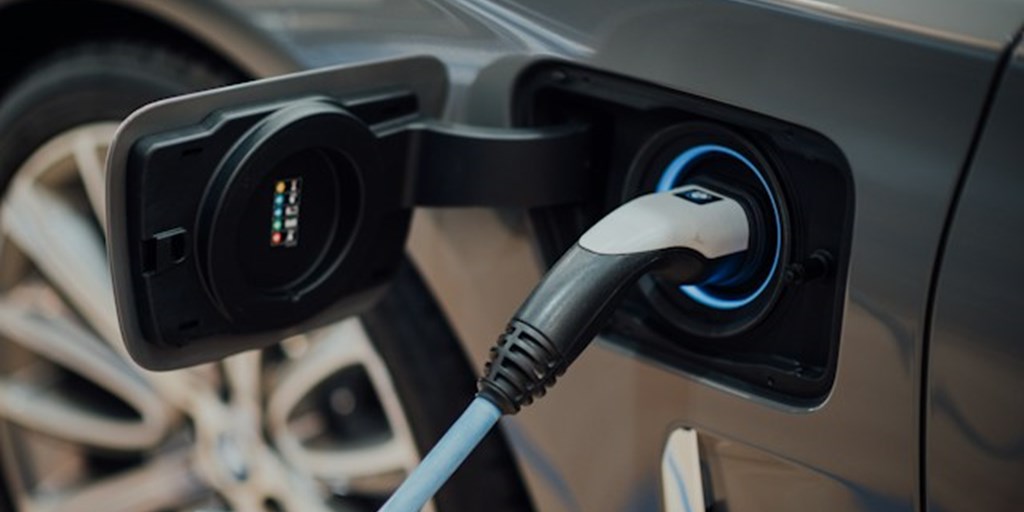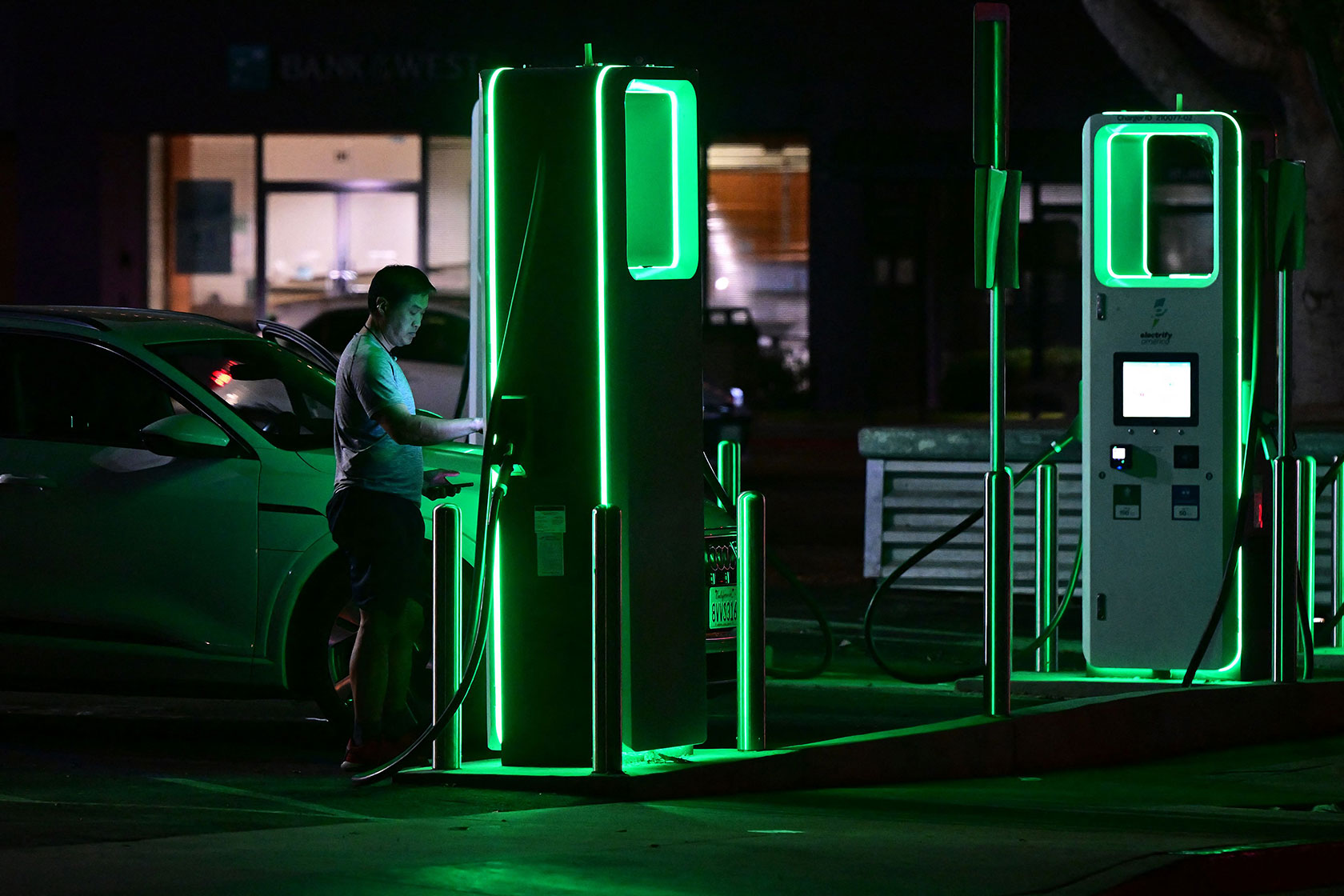What’s Driving the Growth of EV Infrastructure? Buy EV Charging news for Key Updates
What’s Driving the Growth of EV Infrastructure? Buy EV Charging news for Key Updates
Blog Article
Why 2024 Is a Game-Changer for EV Charging: Trends and Insights
As we approach 2024, the electric vehicle (EV) charging landscape is set for significant change, driven by the proliferation of ultra-fast billing stations and innovations in wise billing technologies. The incorporation of eco-friendly power sources along with favorable government policies is likely to redefine the sustainability and ease of access of EV framework.

Growth of Ultra-Fast Charging Stations
Exactly how quickly are ultra-fast billing stations transforming the electric automobile landscape? The expansion of ultra-fast charging stations is a critical growth in the EV field, significantly boosting the convenience and feasibility of electric lorry possession. These stations, qualified of supplying billing quicken to 350 kW, can recharge an EV's battery to about 80% in just 15-30 minutes, effectively minimizing range anxiety among customers.
The development of ultra-fast billing infrastructure is being driven by both public and exclusive financial investments, mirroring a tactical shift in the direction of lasting transport options. Significant auto producers and energy business are working together to set up these stations along significant freeways and metropolitan facilities, developing an extensive network that supports long-distance traveling and daily usage.
Additionally, developments in battery technology are complementing this development, allowing cars to take complete benefit of the enhanced charging rates. As the number of ultra-fast charging terminals remains to climb, they are anticipated to play a critical role in accelerating EV fostering, fostering a change in the direction of a cleaner and more sustainable future. This expansion not just enhances user experience but also solidifies the feasibility of electrical automobiles as a mainstream transportation option.
Advances in Smart Charging Technology
With the increasing combination of electronic innovation in the electrical vehicle sector, breakthroughs in smart billing technology are substantially boosting the effectiveness and ease of EV billing. Smart charging systems leverage connectivity and data analytics to optimize the billing procedure, enabling customers to bill their vehicles when electrical power rates are least expensive and require on the grid is minimal.

Interoperability is one more critical innovation, as brand-new criteria and procedures permit different EV versions and billing stations to interact flawlessly. This improves user experience by offering much more obtainable billing options across different networks. Inevitably, the advancement of smart charging innovation stands for a significant step in the direction of a more user-friendly and lasting EV environment, leading the way for more comprehensive adoption and assimilation into day-to-day life.
Combination of Renewable Resource Sources
The integration of renewable resource sources right into EV billing facilities is ending up being significantly essential as the need for lasting solutions grows. This trend not only helps reduce the carbon footprint related to electric car charging but also enhances grid durability by advertising decentralized power production.
Solar and wind power are at the leading edge of this assimilation, with many billing terminals now being or including photovoltaic panels developed in distance to wind ranches. These eco-friendly sources can produce tidy electrical power, offering a lasting energy supply for EVs. Developments in power storage innovations, such as batteries, promote the effective storage of excess power generated during height manufacturing hours, guaranteeing that charging stations can run efficiently also when sustainable generation is low.

Growth of Billing Infrastructure
As electric vehicle (EV) adoption speeds up, the expansion of billing facilities has actually come to be a vital focus for stakeholders throughout the automobile and power fields - EV Charging news. The requirement for a durable and available billing network is necessary to support the growing variety of EVs when driving and to alleviate variety anxiety among customers
In 2024, we are observing considerable investments from both public entities and private companies focused on enhancing the billing landscape. This consists of the installment of fast-charging stations along highways and in city facilities, which can reenergize EVs in a fraction of the moment contrasted to standard chargers. Additionally, partnerships in between car manufacturers and energy suppliers are helping with the deployment of cutting-edge billing solutions to meet diverse consumer needs.
Additionally, innovations in modern technology are bring about smarter billing systems that maximize power circulation and lower prices. The assimilation of these systems is vital for suiting the anticipated rise in need as more consumers transition to electrical flexibility. The development of billing facilities not only supports the EV market yet additionally plays an important role in achieving more comprehensive sustainability objectives, making it an essential element in the evolution of transportation.
Federal Government Plans and Rewards
Government plans and incentives are increasingly shaping the landscape of electric car (EV) fostering and billing facilities advancement. Federal governments worldwide are recognizing the immediate need to transition to cleaner transportation alternatives, find this leading to the execution of various efforts aimed at accelerating EV adoption. These plans typically include tax obligation credit scores, discounts, and grants for customers and businesses that purchase electric vehicles and charging terminals.
In addition to route economic rewards, several governments are developing ambitious targets for EV sales and mandating the installment of billing facilities in brand-new developments. As an example, several nations have devoted to eliminating internal combustion engine lorries within the next decade, creating a feeling of urgency that drives both consumers and suppliers toward electric options.
In addition, public-private partnerships are becoming a crucial part of these efforts, helping with financial investment in billing networks and making certain widespread accessibility. By aligning regulative frameworks with monetary rewards, federal governments are not just fostering a conducive setting for EV fostering yet additionally addressing problems associated with visit their website range anxiety and charging availability. This robust policy landscape is set to make 2024 a critical year in the transition to electric wheelchair.
Verdict
The year 2024 is readied to transform the electrical vehicle billing landscape with the expansion of ultra-fast billing stations, innovations in smart charging innovations, and the combination of renewable energy resources. The development of billing facilities, boosted by helpful government policies and motivations, will certainly attend to variety stress and anxiety and enhance the appeal of electrical automobile ownership. Collectively, these developments will certainly promote a obtainable and lasting atmosphere for electric lorry adoption, ensuring a durable future for the market.
As we approach 2024, the electrical automobile (EV) charging landscape is established for considerable change, driven by the i thought about this expansion of ultra-fast billing terminals and innovations in clever charging technologies. The proliferation of ultra-fast billing stations is an essential advancement in the EV field, dramatically improving the convenience and usefulness of electric lorry ownership. Clever charging modern technologies assist in remote monitoring and administration, enabling individuals to schedule billing sessions via mobile applications.
Government plans and incentives are progressively forming the landscape of electrical lorry (EV) adoption and billing infrastructure advancement.The year 2024 is established to reinvent the electrical car billing landscape via the proliferation of ultra-fast charging stations, innovations in smart billing modern technologies, and the combination of sustainable power sources.
Report this page